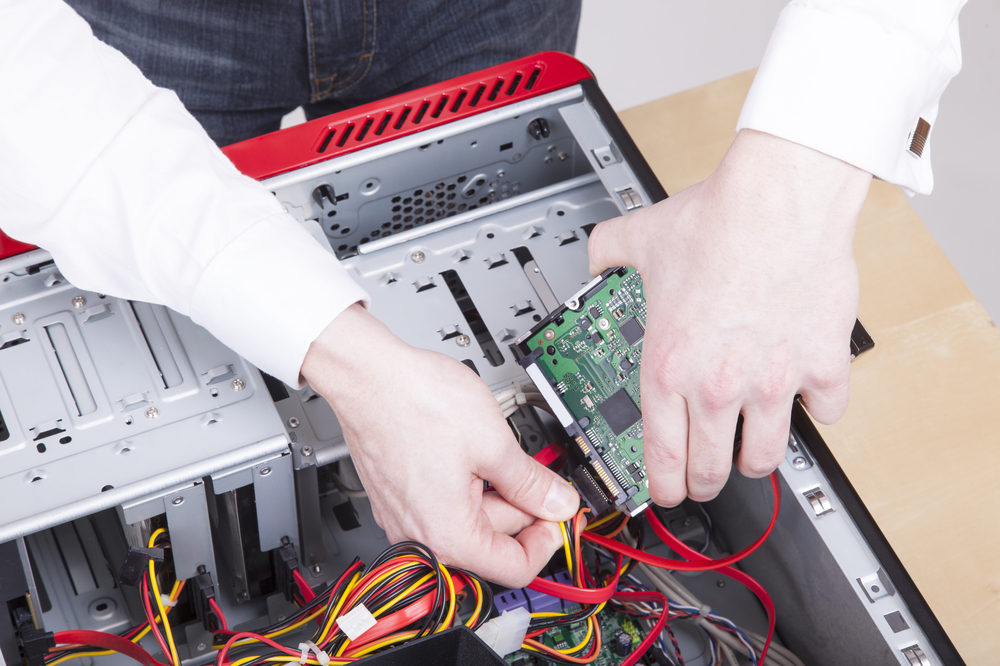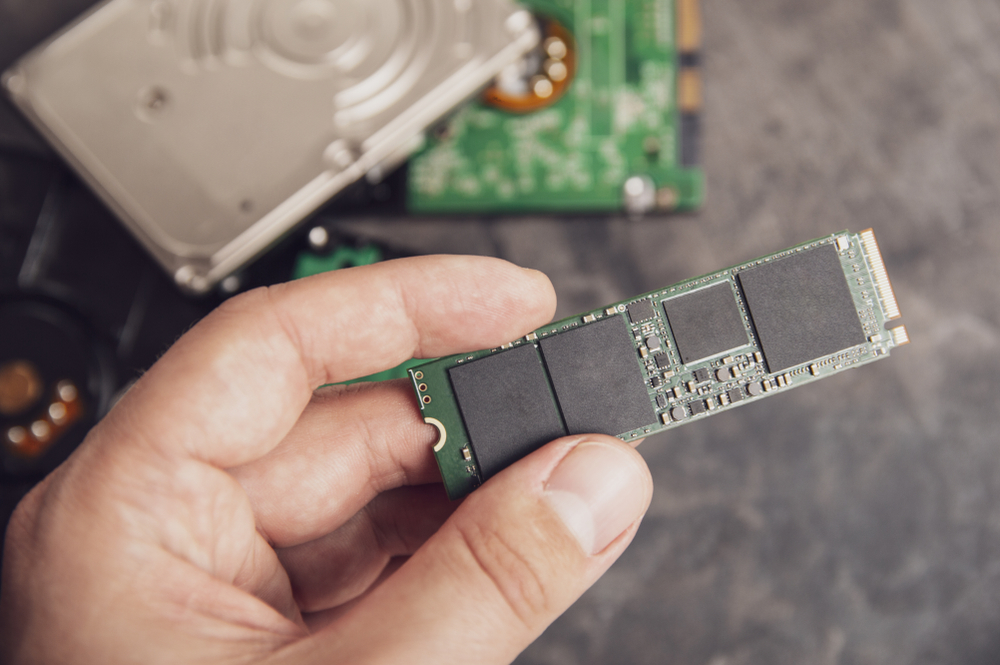Troubleshooting Themes for Computer Hard Drive Issues

Troubleshooting Themes for Computer Hard Drive Issues
There are a few desktop or laptop computer issues that may lead to both lost data and several other concerns, and one of these is hard drive failure. The hard drive is your device's central hub for basic processing and operations, and failure in this area threatens not only the loss of important data, but also several other potential issues.
At PC Laptops, our laptop and desktop repair services include a variety of areas, with hard drive checks and repairs chief among many of the quality solutions we provide to our clients. What are some basic troubleshooting methods that can be carried out for computer hard drive, either on your own or with the assistance of our computer repair specialists? Here's a simple primer.
Turning On and Off
This is the most cliché computer repair method out there, but you just never know when the simple process of turning the machine off and then on again might give your system a much-needed jumpstart. It's worth attempting at least once, particularly in cases where the machine is not beginning up readily or is performing very slowly.
The answer to "turn it off" isn't always this simple, however - turning off can also include holding down the power button for several seconds until the process shuts down completely.
Checking for Malware
If the simple turn-off method doesn't get the job done, the next step here should be to check for the presence of malware, which can be a major contributor to computer slowdowns and frequent crashes. Malware, short for malicious software, includes anything that inserts itself into your system or network settings without your explicit permission - malware can include viruses, Trojans, spyware, adware and other types of harmful applications that interfere with the smooth functioning of your machine's central operations.
One common way to check for the presence of malware is to run an antivirus scan on your computer, which can be done by downloading a reputable software program or using the tools that come pre-installed on most machines. Once you've completed the scan, it's important to remove any identified malware threats from your system and then take steps to prevent the presence of future malware.
If you're concerned malware has already made it into your machine's files or other settings, it's time to bring in the professionals.
Stuffed Disk Decongestion
If your hard drive has gone through some significant use over the years, there's a chance it's simply become too full to operate efficiently. This can cause the drive to slow down and even crash, as it struggles to access the files and folders it needs.
One solution for this is to free up some disk space on your hard drive - this can be done manually by deleting unnecessary files or folders, or by using a disk decongestion tool or program. This process can be time-consuming, but it's a good solution for when your hard drive is nearing full capacity.
You can also consider upgrading to a larger hard drive if your current one is too small to accommodate your needs. If you find you're constantly running into disk space issues, this is likely the route you should be taking.
Defragmenting
In other cases, your hard drive may be dealing with an issue known as disk fragmentation. This involves your files being broken into multiple pieces across the hard drive, which can interfere with your machine's basic processes and slow its performance to a crawl.
There's no way to avoid disk fragmentation - it's just something that happens as you use your computer over time - but regular defragmentation can help keep the problem at bay and allow for smooth performance. Luckily, most computers come with a built-in defragmentation tool, which can be accessed through the Disk Management area of your System Tools.
Error Messages
In other situations, you'll be informed of a hard drive issue by one of various different error messages that may pop up on your screen. These can include warning messages like "Cannot find the ATA device," "Drive not recognized," and other such notifications telling you that your drive either isn't present in, or is having trouble communicating with, your system.
These messages can mean a wide range of things, and you have a few options for how to navigate them. If you're particularly handy, you may consider entering the error message or code into a Google search -- you may be able to find the required action to take from here. If this doesn't work, or if you're not comfortable attempting this sort of thing on your own, simply bring the device in to our repair specialists, who will diagnose the precise issue.
Physical or Sound Issues
In certain other situations, there are physical issues that showcase a potential problem with your hard drive. One of these is a strange sound coming from your computer - this could be a sign that your hard drive is on the verge of failing. You may also notice that your computer is unusually hot to the touch, which can be another indication of a hard drive issue.
If you're noticing either of these things, it's important to bring your device in for repair as soon as possible. These symptoms are usually associated with hard drive failure, and can quickly lead to more serious problems if left untreated.
For more on how to troubleshoot potential hard drive issues that may be impacting your desktop or laptop computer, or to learn about any of our computer repairs or machines for sale, speak to the staff at PC Laptops today.



